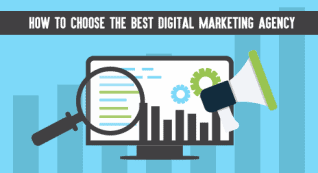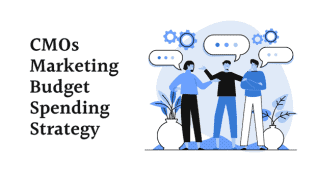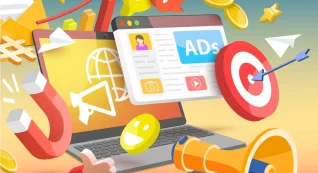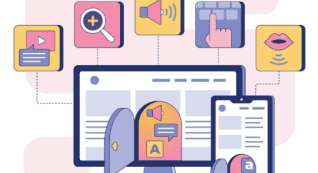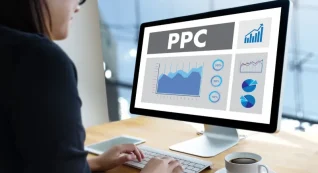Table of Contents
Building a Scalable Business Model to Quickly Gain Customers
You have a startup, and it has one mission.
No, it is not to be the next billion-dollar business.
No, it is not to change the world.
No, it is not to earn more venture capital.
You might be the next billion-dollar startup in time, and you might make a big difference in the world. You also will probably raise some more capital. But that will all come in time.
Your startup’s mission right now is to find the perfect scalable business model.
During your search for creating the best scalable business model, all you need to do is find the correct marketing channels. That’s all…really.
Look, it’s easier said, than done, and what works for you today might not work tomorrow but hear me out.
It wasn’t that long ago that marketing professionals were doing things like using MySpace for their social media, posting daily blog articles, and sharing QR codes to promote their companies. These really don’t work well now, but for a while they did, and many companies found success in doing these things. But they are all marketing channels, and you should use these channels, too…though maybe not these specific one.
Here’s the deal: If you want more customers, you should understand all of the available marketing channels that you might use. Not only this, but you must understand why these channels work.
As we move through this article, I’m going to give you eight different marketing channels that I think you can use to not only improve your marketing, but to pull in your first 1,000 customers with ease.
Ready? Let’s go.
What Are All of the Available Marketing Channels? What are Examples of Them?
Let’s start easy. The goal of marketing your business is to learn what marketing channels are going to be best for your company.
To do this, you need to track sales from every marketing channel that you try. This lets you estimate your ROI, or the return on investment, or your ROAS, or return on ad spend.
Once you know these, you will have a clear picture of what works for you and what doesn’t.
Some marketing channels are easier to track than others, but you can also estimate these, which also will give you a good overview of where you stand. It doesn’t really matter how you measure all of this, but you do have to understand it.
Now, without further ado, here are the eight marketing channels that I’m going to discuss here:
- Business Development and Partnerships
- Content Marketing
- Paid Advertisements
- Email Marketing
- Search Engine Optimization (SEO)
- Community Marketing
- Social Media
- Virality and Network Effects
But first…a word of caution. By using these methods, you should expect a huge amount of growth with your business. All of these vary, and again, some might work better for you than others. You must test them out.
Business Development and Partnerships
What does “business development” mean? It’s honestly kind of ambiguous. Some people think that it is the same as sales, and others say that any type of partnership in business can be business development.
Here’s what I think it is: It’s the process of creating long-term value for your business by working with anyone in your chosen market. This, of course, includes other companies, media outlets, and influencers.
The main focus of this channel is on the exchange of values through these partnerships. This channel also includes partnering with influencers and affiliates.
The goal of every partnership you create is to gain value over the long-haul. This should not just be a one-and-done situation. Yes, you might earn some cash from your first try here, but you will get a lot more ROI as you find new opportunities within each partnership.
Though this is all good, keep in mind that this often is a slower process, and you probably won’t get an immediate result. And, you should remember that this might not actually include monetary compensation. What??
Here’s why: This relationship is going to change when money exchanges hands. Furthermore, there are going to be certain expectations your partner has about this, which could, of course, change by the industry.
Many partners will, for instance, promote your blog article for free. Others, however, will expect payment before the promotion is done. In another scenario, the same person who will freely promote your blog might want payment for promoting a product.
Here are some strategies that you can use when developing these partnerships:
- Find companies that are similar to yours and offer a /service as an add-on
- Find a large company that has app directories or marketplaces. Integrate your tools with theirs, and then submit your app to the directory. Examples of these include Zendesk, Intercom, and Shopify.
- Create a bundle of your products for conferences and news sites
Next week- Content Marketing and Paid Advertisements!



